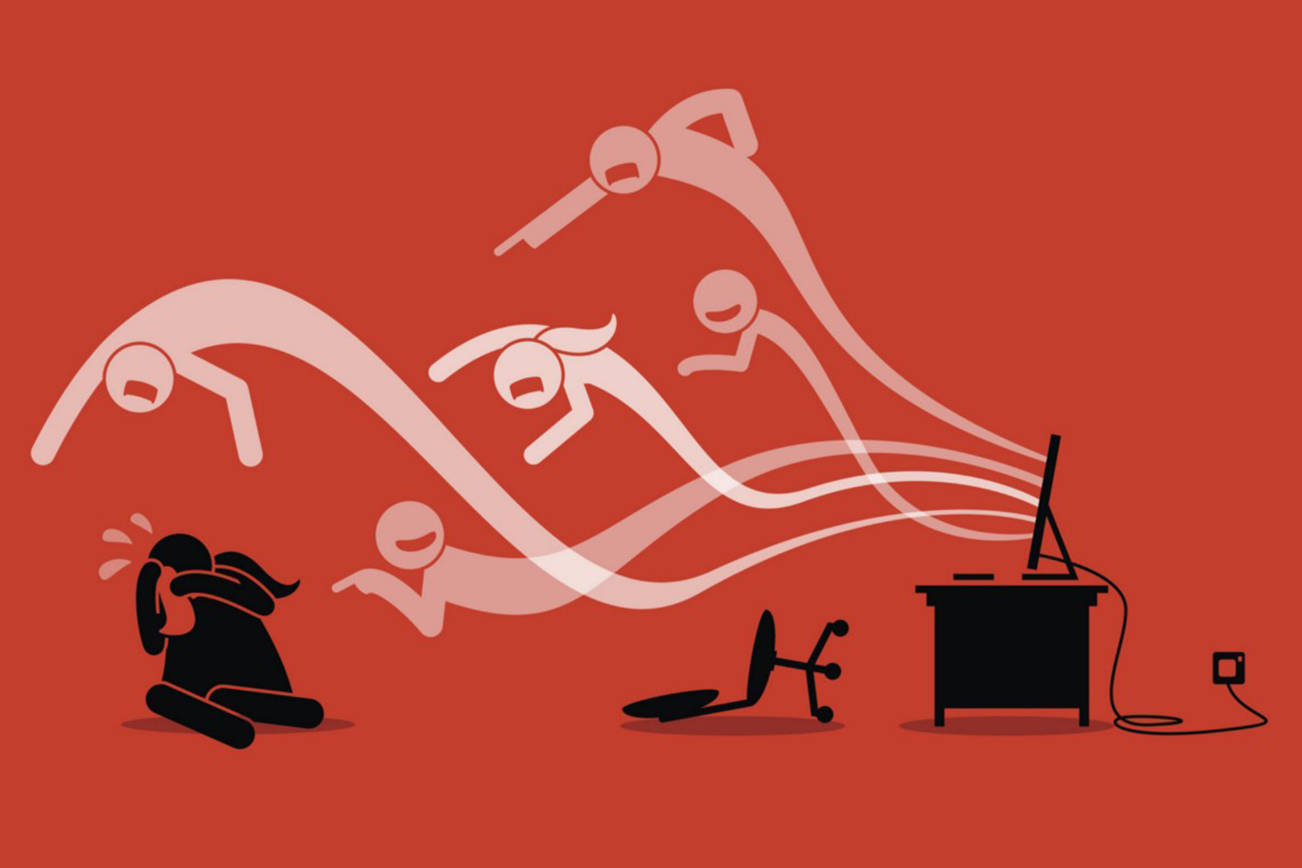Submitted by the Washington Department of Health.
Misinformation about COVID-19 can create fear and make it harder to keep everyone healthy. There are still many unknowns about this new virus. When we don’t know something, especially if we are anxious or afraid, we can become vulnerable to misinformation.
Misinformation can lead to blaming others for situations we find frightening or anxiety-provoking. Others like our government, people of different races or ethnicities, scientists, people who are working, people who are not working, people who are not following the rules like we think they should. Some of the early information about COVID-19 contributed to prejudice and discrimination against Asian communities. This was unfair and hurtful.
Blame and misinformation can lead to (viral) conspiracy theories, which lead to more blame, fear, and mistrust. Sometimes this misinformation creates mistrust of the very interventions that will allow us to control the epidemic. Controlling COVID-19 is the fastest way to reopen the state. Help spread hope and connection instead of fear and misinformation:
• Rely on and share trusted sources of information.
• Speak up if you hear, see, or read stigmatizing or harassing comments or misinformation.
• Show compassion and support for individuals and communities affected by COVID-19.
• Do not make assumptions about someone’s health status based on their ethnicity, race, or national origin. None of us are as healthy as we can be until all our communities are as healthy as they can be.
• Report discrimination.
State, county, and city governments and other organizations often have a place to report discrimination, including the Washington State Human Rights Commission, https://www.hum.wa.gov/file-complaint.
Under the law, everyone has the right to be free from discrimination at work, in housing, in a public accommodation or when seeking credit and insurance. Any individual who believes that they have been discriminated against based on protected class status may file a charge of discrimination by employers, housing providers, and businesses.



